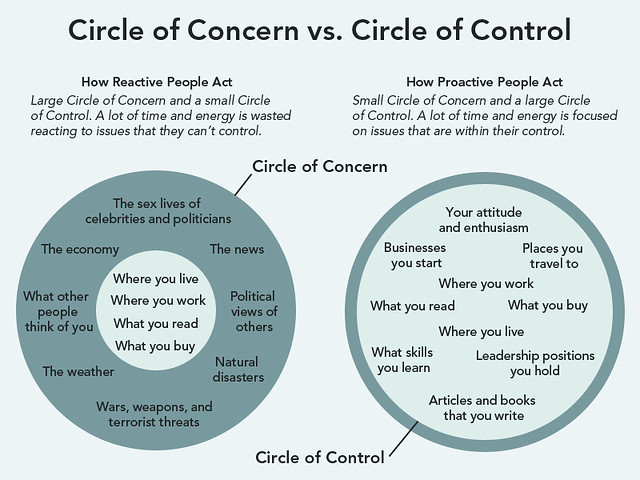The author shared a lots of good life principles, and I found many of them aligning to my own, or those that I love to adopt.
Here are my top 10 favourites life principles:
- Self-care comes first. If you're not healthy, it's tough to be happy. Before you can take care of your friends and your family, you need to take care of yourself. Eat well. Exercise. Nurture your mind, body, and spirit. Your body is a temple; treat it like one. If you don't have your health, you've got nothing.
- You get what you give. Your outer life is a reflection of your inner life. If you think the world is a shitty place, the world is going to be a shitty place. If you think people are out to get you, people will be out to get you. But if you believe people are basically good, you'll find that this is true wherever you go.
- Be impeccable with your word. Be honest — with yourself and others. If you promise to do something, do it. When somebody asks you a question, tell the truth. Practice what you preach. Avoid gossip.
- Don't take things personally. When people criticize you and your actions, it's not about you— it's about them. They can't know what it's like to be you and live your life. When you take things personally, you're allowing others to control your life and your happiness. Heed the Arab proverb: “The dogs bark but the caravan moves on.”
- Don't make assumptions. The flip side of not taking things personally is to not assume you know what's going on in other people's heads. Don't assume you know the motivations for their actions. Just as their reality doesn't reflect your reality, your life is not theirs. Give people the benefit of the doubt.
- Always do your best. Your best varies from moment to moment. Some days in the gym, for instance, I'm able to lift heavier weights than on other days. Some days I can run faster than usual; some days, I'm slower. That's okay. What matters most is that I give my best effort every time. No matter what you do, do it as well as you can. This is one of the keys to success and happiness.
- Action cures fear. Thought creates fear; action cures it. What we're actually afraid of is the unknown. We like certainty, and choosing to do something with an uncertain outcome makes us nervous. Taking the first step can be scary, but each additional step becomes easier and easier. When you act, you remove the mystery. Action creates confidence. It creates motivation. (Most people think motivation comes before action. They're wrong. Action leads to motivation.)
- You're more likely to regret the things you don't do than the things you do. That's not to say you should be an asshole, or that you won't regret making big mistakes. But generally speaking, you're more likely to be sorry that you didn't introduce yourself to the barista at the coffeehouse, didn't go bungee-jumping with your friends, didn't stay in touch with your friends.
- Make room for the big rocks first. It's easy to let your time and energy be sucked up by trivial errands and tasks. You find you no longer have space for the things you thought were most important. Don't do that. Always carve out time and attention for those people and activities you value most. If the house doesn't get clean because you were hanging out with a friend, so what? If you didn't mow the lawn because you went to the gym instead, that's a good thing. Tackle the important, then the trivial.
- The meaning of life is the meaning you decide to give it. Some people are searchers. They wander through life looking for answers…but rarely find them. Others accept without question what an outside authority tells them is true. I believe that the meaning of life comes from within, from the things that you lean to prioritize and value. Nobody is going to tell you what life should mean to you; you have to decide that for yourself.
To be honest, there are many more good life principles listed in the article by the author, but there is one book that contains even better life principles, that is found in the Book of Proverbs in our bible.




